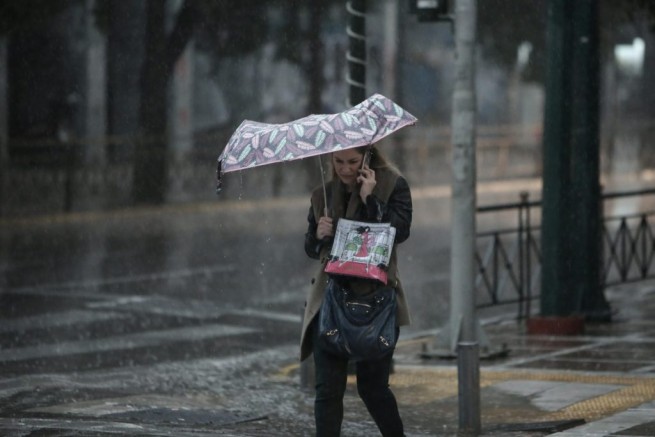The myth of lazy Greeks, which was cultivated in Germany, the Netherlands and other European Union countries during the economic crisis and memoranda, is debunked in a new official study.
The reason is in the Eurostat report published yesterday, in which Greeks are considered to be among the most hard-working in the EU for the period April-June 2021.
In the second quarter of the year, workers between the ages of 20 and 64 in the EU, in total, worked 3% more hours in their main job compared to the first quarter of 2021. According to data published by Eurostat, growth has been recorded in most member states.
The largest growth in real time worked was in Greece (+ 18%), followed by Slovakia (+ 12%), Ireland (+ 11%), Portugal (+ 10%), Denmark (+ 8%) and Spain (+ 7 %). In contrast, in the second quarter of 2021, workers in seven Member States worked fewer hours in their main job. The largest decline (-3.6%) was recorded in Belgium. Also, fewer hours were worked by residents of the Netherlands (-2.5%), France (-2%), Iceland (-2%), Estonia (-1.5%), Bulgaria (-1%) and Luxembourg (-0 , 2%).
For women, the total real working time at the European Union level increased slightly more (+ 3.3%) than the total real working time of men (+ 2.7%). More increases in the number of women working hours than men have been recorded in most EU member states. Some countries, however, stood out with rather strong gender disparities.
In Greece, for example, the actual hours of work for women in their main job increased by 23.9%, and for men by 14.5%.
During the health crisis, the labor market was impacted by measures taken by EU member states to curb the spread of Covid-19. Some of these measures, directly or indirectly, affected the number of working hours of employees.






More Stories
ELSTAT: inflation increased by another 3.2% in March
“Disappointing” second poorest EU country
Greece ranks last in the EU in terms of investment as a percentage of GDP in 2023